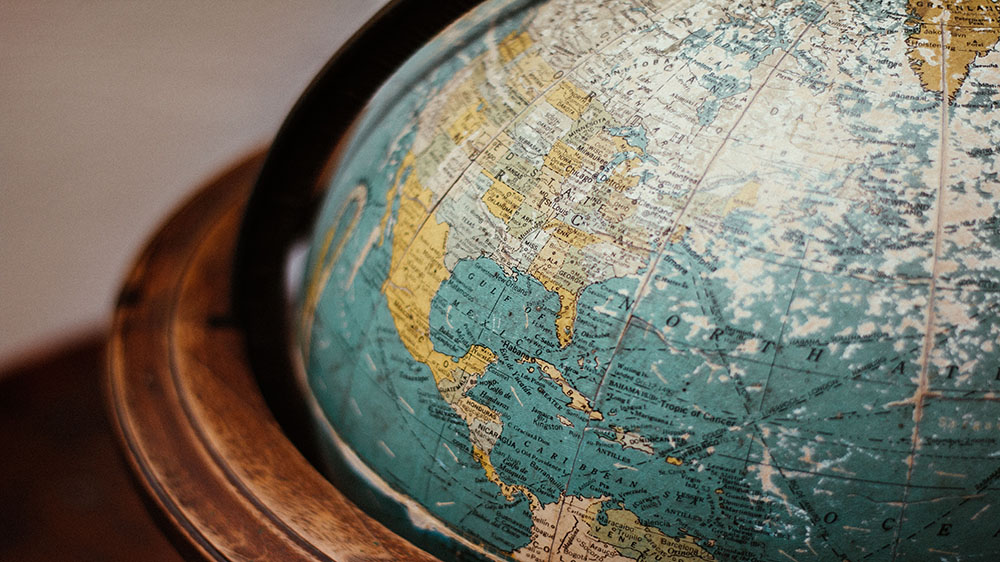
The Norwegian prison system has long been considered exceptional and one of the most humane in the world. The supposedly low reoffending rates, good material conditions, as well as the ambition to “turn prisoners into good neighbours” have attracted and astonished researchers, journalists and civil society organisations worldwide.
But what happens when one attempts to export Scandinavian penal practices to countries with completely different tolerances, societal conditions, and political contexts? Can the Scandinavian penal system be replicated outside of the Scandinavian welfare state? And what does Norway gain from such efforts?
In the ongoing research project JustExports, we explore the concept of Scandinavian criminal justice exports, including how and why penal practices and values are “exported” to foreign countries through the international engagements of the Norwegian correctional services. Drawing on policy documents and interviews with key actors in the international projects, we investigate the mechanisms at play when Norwegian punishment ‘goes global.’
The Norwegian Correctional Service has been involved in international work for decades. To begin with, the engagements resembled more of traditional humanitarian aid, such as providing Russian prisons with blankets and food during the financial crisis in the 90s. Over the years and as the Norwegian prison system became a “global phenomenon”; the efforts have advanced significantly, in the objectives, scope, budgets and professionalism.
The projects of the Norwegian Correctional Service now involve comprehensive capacity building in several Eastern European countries and American states. The projects include technical training and modernising of IT infrastructure, education on the Nordic penal values, and the building and rehabilitation of an extensive number of prisons. For example, the Norwegian Ministry of Foreign Affairs aimed to finance the building or upgrading of about 4000 prison beds through the current EEA programme period alone, which equals more than the total number of prison cells in Norway.
Preliminary findings suggest that there are multiple reasons why the Norwegian Correctional Service engage in international work. While humanitarian goals are still a prevalent motivation, the rationalities have become more impact-oriented as the work is increasingly professionalised. The Norwegian Correctional Service now work contract-based with countries over several years, aiming to create sustainable solutions and strengthen bilateral relations.
Not only is this thought to be beneficial for the recipient country and the Norwegian Correctional Service. The vast majority of the projects are financed through the EEA and Norway grants. Essentially, their existence forms part of Norwegian foreign policy. The engagements contribute to safeguarding Norway’s obligations towards the EU, maintaining access to the internal market, and providing a platform to negotiate agreements and politics with the EU and other European countries.
In sum, the international projects of the Norwegian correctional service are not “just” knowledge exchange and aid to foreign states, but also a tool in Norwegian foreign policy with the potential for bilateral and political gains that reach far beyond the recipient country and the Norwegian Correctional Service.
About the author

Katrine Antonsen has an MA in criminology and works on the research project JustExports at the University of Oslo. The project is led by Professor Kjersti Lohne and explores how Norway, Denmark and Sweden have engaged in criminal justice exports and rule of law promotion over the last 30 years.
Contact: katrine.antonsen@jus.uio.no
